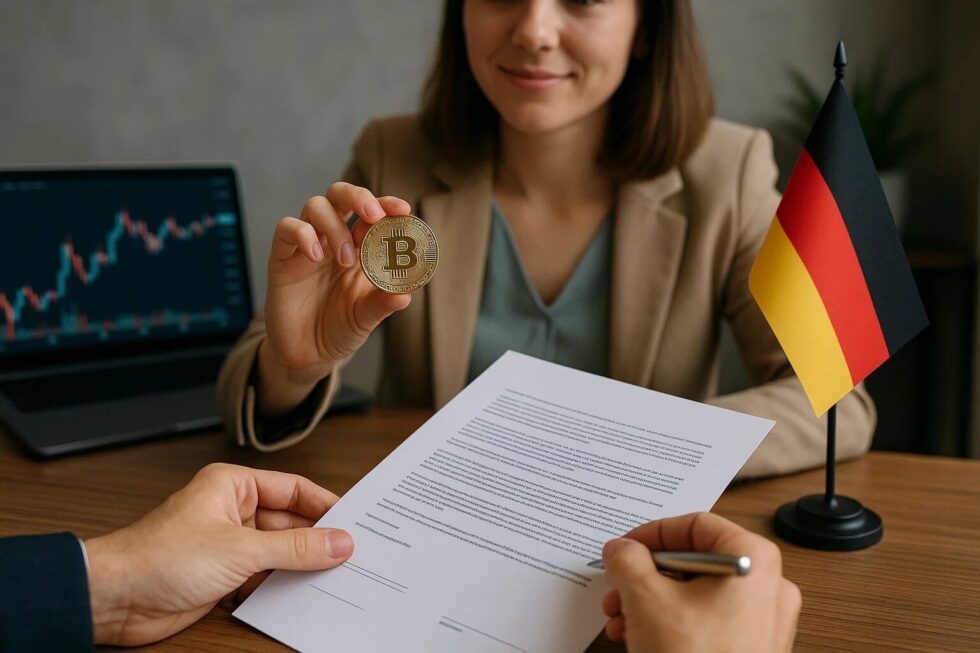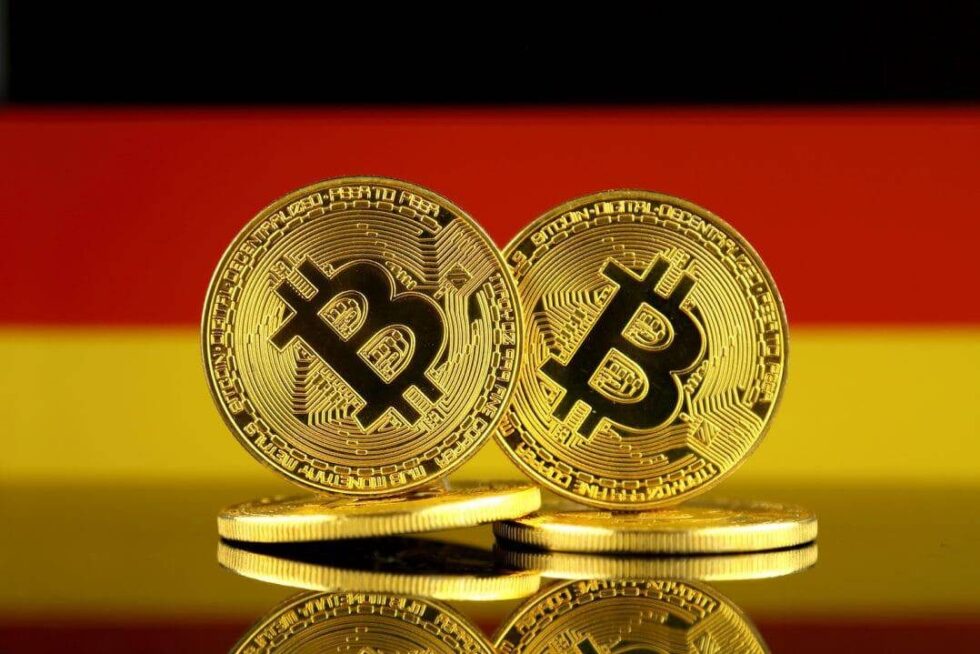How to buy and sell Bitcoin legally in Germany in 2025 with full compliance to BaFin rules

How to buy and sell Bitcoin legally in Germany is a question many investors are asking in 2025. With Germany’s advanced regulatory framework, trading cryptocurrencies requires strict adherence to BaFin (Federal Financial Supervisory Authority) guidelines. Since the 2020s, BaFin has tightened licensing, AML/KYC requirements, and reporting obligations for both private individuals and businesses. Understanding the legal steps is essential for avoiding fines and ensuring safe transactions. In 2025, new digital asset tax reporting rules and the MiCA (Markets in Crypto-Assets) EU regulation add further layers of compliance. Investors must also choose between regulated exchanges, peer-to-peer platforms, and OTC desks. This article outlines all legal requirements, step-by-step procedures, and practical tips for Bitcoin transactions in Germany — as reported by G.business.
Understanding BaFin’s role in cryptocurrency regulation
BaFin is the main authority overseeing financial markets in Germany, including cryptocurrency exchanges and custodians. In 2025, BaFin operates under both national laws (e.g., KWG – German Banking Act) and EU regulations like MiCA. Anyone offering crypto exchange services or custody to German residents must obtain a BaFin license. Private individuals are allowed to buy and sell Bitcoin without a license, but only through regulated channels. Failure to comply can lead to penalties of up to €500,000.
Key BaFin compliance requirements in 2025:
- Mandatory KYC verification for all users on licensed exchanges
- Transaction reporting for trades over €10,000
- Use of only BaFin-approved custody services
- Compliance with the German Money Laundering Act (GwG)
Choosing a regulated exchange in Germany
In 2025, several exchanges hold a BaFin license, ensuring safe and compliant Bitcoin trading. Regulated exchanges are required to segregate customer funds, offer transparent fee structures, and submit to regular audits. Using unregulated platforms or offshore exchanges can expose you to legal risk and tax complications.
List of popular BaFin-licensed exchanges in Germany (2025):
- Bitpanda GmbH – Fully licensed for crypto trading and custody
- BISON App (Boerse Stuttgart) – Regulated, with integration to German bank accounts
- Coinbase Germany GmbH – Licensed under BaFin since 2021
- BSDEX – Institutional-grade security for both retail and professional traders
Steps to buy Bitcoin legally in Germany

Buying Bitcoin under BaFin compliance involves several steps, all aimed at ensuring transparency and AML protection. Every exchange follows similar onboarding procedures in line with GwG and MiCA.
Step-by-step guide:
- Choose a BaFin-regulated exchange from the approved list.
- Complete KYC verification – upload ID, proof of address, and pass identity checks.
- Fund your account via SEPA transfer or other approved payment methods.
- Place your order – choose market or limit order types.
- Secure your assets in a BaFin-approved custodian wallet or hardware wallet.
Selling Bitcoin with full compliance
Selling Bitcoin in Germany is legally straightforward if you use regulated channels. In 2025, all sales over €10,000 must be reported to the tax authorities (Finanzamt) and may trigger capital gains tax if held under one year. Using OTC desks registered with BaFin can be beneficial for large transactions.
Example scenarios for legal selling:
- Private sale on a licensed P2P platform with identity verification
- Institutional sale via OTC desk for high-volume trades
- Exchange withdrawal to a verified bank account to ensure traceability
Taxation rules for Bitcoin in Germany in 2025
Germany treats Bitcoin as private money (Privatgeld) for tax purposes, but strict rules apply. In 2025, the main taxation principles remain: capital gains on Bitcoin are tax-free if held longer than 12 months. Shorter holding periods trigger personal income tax on the gain.
| Holding Period | Tax Status | Tax Rate (approx.) |
|---|---|---|
| More than 12 months | Tax-free | 0% |
| Less than 12 months | Taxable as personal income | 14%–45% depending on income |
Practical tips for safe Bitcoin transactions in 2025
Operating within BaFin’s framework not only keeps you compliant but also protects you from fraud and scams. As regulations evolve, German authorities focus heavily on AML, making anonymity almost impossible for large trades. Always keep transaction records for at least 10 years to meet tax audit requirements.
Best practices for 2025:
- Use only BaFin-approved platforms and custody services
- Store large holdings in hardware wallets
- Keep receipts and transaction history for tax purposes
- Avoid cash deals or unverified P2P trades
- Follow updates on BaFin’s official site for rule changes
Latest events in politics and global economy at Cryptonews – practical tips on how to act and invest. Read: Why Should Women in Germany Invest Differently – Key Features and Tips.